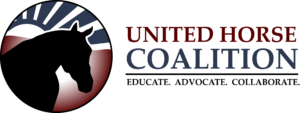Do you or someone you know, need options or resources to help horses at-risk? UHC is here to help!

Contact: Ashley Harkins
United Horse Coalition
Phone: 202-817-3936
E-Mail: UHC@horsecouncil.org
For Immediate Release
Do you or someone you know, need options or resources to help horses at-risk? UHC is here to help!
(Washington, D.C., June 4th, 2020): UHC has pushed up the release of its searchable Equine Resource Database in the wake of COVID-19, in an effort to compile a listing of all known safety net programs available in the nation to help owners who are in need. By having one centrally located area to access these resources, UHC hopes it will help owners keep their horses from becoming at-risk during these trying times.
For the past year UHC has been building upon its already successful Equine Resource Database to benefit at-risk equines, and those in transition. The database contains a list of resources available nationwide to help current horse owners, prospective horse owners, rescues, sanctuaries, and the equine industry as a whole. A “resource” is considered anything that could be used for the betterment of horses at-risk or in transition. This includes but is not limited to: horse rescues and sanctuaries, direct placement organizations, feed assistance, temporary foster, castration assistance, veterinary funding or assistance, euthanasia programs and clinics, behavior modification assistance, law enforcement services, legal advice, and educational materials on responsible ownership and breeding.
The database itself is comprised of the results of a questionnaire available on the UHC website regarding available safety net programs, and is currently being sent to the following:
- All known equine welfare organizations nationwide that have a current (501c3) status
- 4H Groups
- Extension Specialist
- Veterinary Colleges and Universities
- State Horse Councils
- State Horse Specialists
- State Veterinarians/DAR
- Municipal Groups that assist with horses
- Equine Industry Organizations
Organizations who offer any type of safety net resources, are encouraged to take part in this questionnaire and help the United Horse Coalition build upon this already successful resource database. The brief questionnaire (5-10 minutes) can be completed by going to the UHC website at: https://unitedhorsecoalition.org/join-resource-database/
In addition to the Equine Resource Database, UHC has added a new searchable component on the website to make it even easier for those in need of safety net programs to access the information they require. For example, an owner in need of a hay bank, will choose the resource they are in need of from a drop down menu, put in the state in which they reside and the search database will display any available resources in their vicinity. In addition to the resources, users can filter by breed specific rescues and those organizations holding accreditations or affiliations with various organizations. The new searchable component can be found here: https://unitedhorsecoalition.org/equine-resource-database/
“We are excited to see the good that will come from having one centrally located area for everyone to access these critical resources, and to see the continued growth of this valuable asset not only to the equine welfare community, but to the equine industry as a whole, “ stated Ashley Harkins, UHC Director.
UHC would like to encourage those who have found the Equine Resource Database to be helpful to become a UHC Member, or consider making a donation to help support and continue the important work being done to help at-risk horses and those in transition.
About the United Horse Coalition
The United Horse Coalition is a broad alliance of equine organizations that have joined together under the American Horse Council to educate the horse industry about the issues facing horses at-risk or in transition. We seek to provide information for existing and prospective owners, breeders, sellers, and horse organizations regarding the long-term responsibilities of owning and caring for horses, as well as focusing on the opportunities available for these horses.


